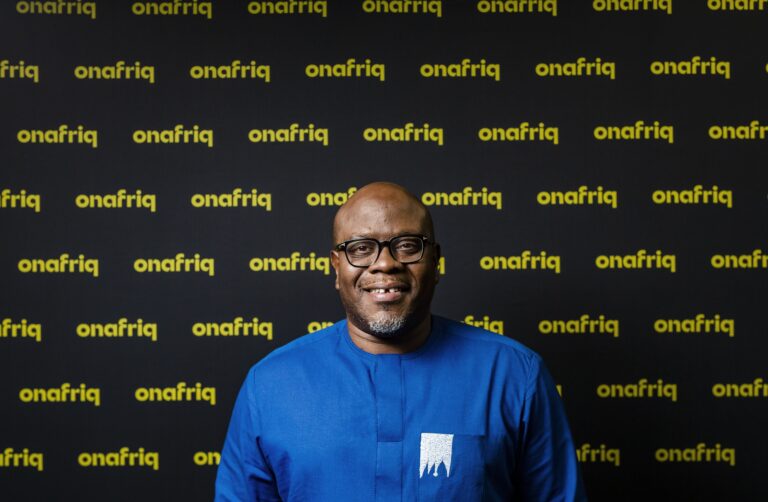Onafriq Connects 1 Billion Mobile Wallets and 500 Million Bank Accounts Across Africa
Onafriq, Africa’s leading digital payments network, is marking its 15-year anniversary with a major milestone: nearly 1 billion mobile money wallets and 500 million bank accounts are now linked through its platform.
Originally established as a mobile money switch, Onafriq has evolved into a comprehensive omnichannel payments network. It facilitates cross-border transactions, card issuance and processing, offline agent banking services, and foreign exchange and treasury services. At its core, Onafriq enables digital interoperability across mobile wallets, bank accounts, cards, and offline payment channels – moving Africa towards a more seamless and integrated financial future.
“Our commitment is to connect every individual and business in Africa with each other and the global economy,” said Dare Okoudjou, the founder and CEO of Onafriq. “Fifteen years ago, we set out to unify Africa’s mobile money systems and reduce the significance of borders. What we have built is not just a network but a pan-African infrastructure layer that has evolved alongside the continent’s digital progress. From mobile money to bank accounts, from remittances to real-time trade – we have grown as Africa has grown. I am immensely proud of our achievements and excited about the future.”
Advancing from Mobile Wallet Interoperability to Omnichannel Infrastructure
Over the past 15 years, Onafriq has transitioned from solely connecting mobile wallet schemes to providing a comprehensive interoperability layer for African finance, supporting various financial transactions including peer-to-peer transfers, merchant collections, card issuance, agency banking, and remittances.
Presently, Onafriq’s network encompasses:
- 961 million registered mobile wallets
- 464 million registered bank accounts
- Over 2,000 cross-border payment corridors
This robust infrastructure has facilitated financial access and usage across the continent, benefiting everyone from rural recipients of social payments to global fintech companies operating in Africa.
Looking Towards the Future
As Onafriq embarks on its next phase, the company aims to develop a network that is more locally relevant while maintaining the broad scope of its pan-African infrastructure. “We are increasingly focused on creating infrastructure that is deeply rooted in local contexts,” said Okoudjou. “An excellent example is Nigeria, where we are constructing a unique payment system that combines the strength of our cross-border network with the regulatory and foreign exchange dynamics of one of Africa’s most vibrant economies. By developing infrastructure that reflects local nuances, we can facilitate more pertinent use cases – moving beyond high numbers of registered mobile money wallets to foster an ecosystem where usage is active, sustainable, and impactful.”
Onafriq is also exploring blockchain technology and stablecoin integrations to enable near-instant, programmable payments – a crucial step towards real-time, interoperable trade across African currencies. These innovations align with the goals of the African Continental Free Trade Area (AfCFTA) and aim to help Africa transition from outdated payment systems to a modern, mobile-first financial ecosystem.
With extensive experience, broad reach, and a proven track record of execution, Onafriq remains dedicated to constructing a payment infrastructure that unlocks prosperity – both across borders and within local communities.








